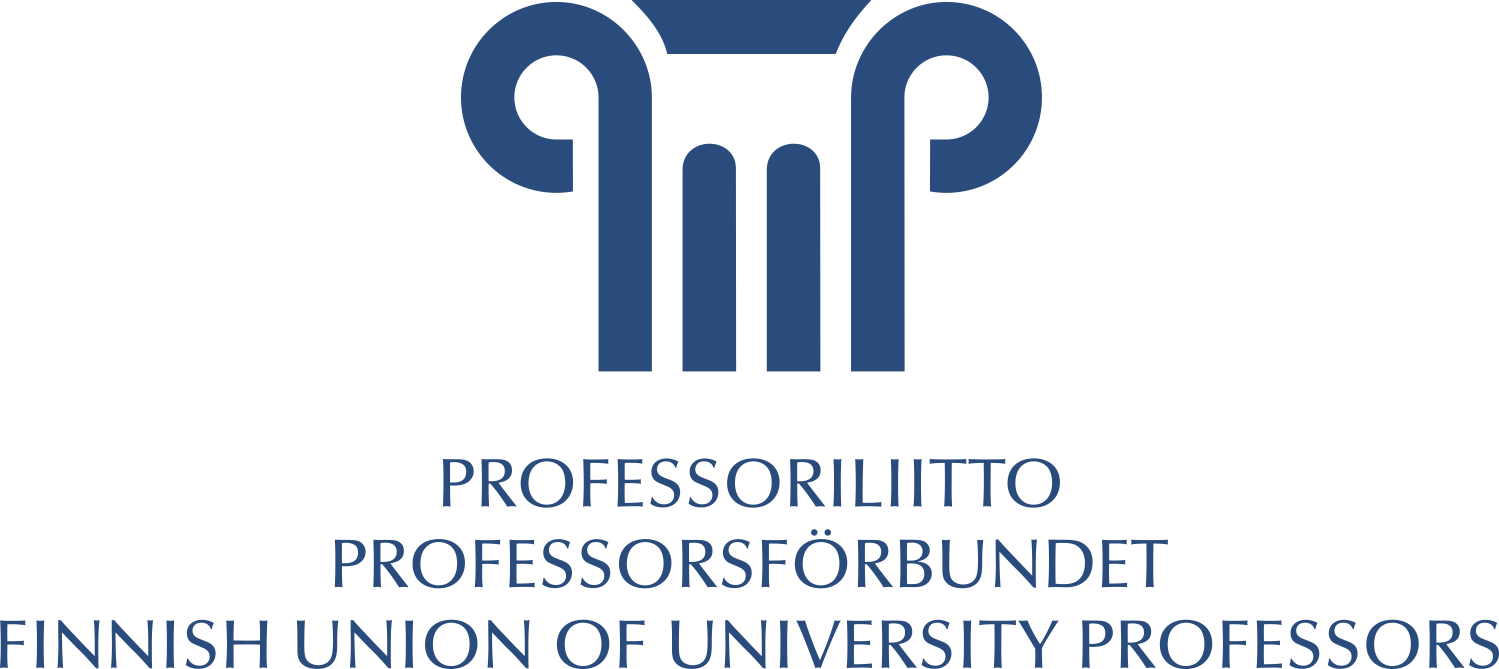When the autonomy of research is threatened, we need vigilance, integrity and solidarity
Kirjoittanut
Nelli PiattoevaIn 2018 I wrote a short column for Tieteessä tapahtuu (Science now) describing my time as a visiting scholar at Humboldt University in Berlin. I finished that column by pondering on what I learned during the visit about the multifaceted experiences and aftermaths of the Cold War, particularly about the fragility of science and how science and academia can be used as instruments of power by different ideologies and political regimes. The East German authorities deployed scientific institutions to serve the purposes of ideological confrontation. The fall of the Berlin Wall led to a single-handed invalidation of all East German sciences and education by West German academics and authorities, sometimes due to reasons that had little to do with the content of science. For instance, as Dan Bednarz describes in his book, academics over 40 years old lost their jobs because they were considered un-re-educatable into the Western sciences due to ‘old’ age. The loss of scientific autonomy can be fast or slow, can be obvious or hidden from view, but personal and systemic recovery seems to be a long and uncertain process. And credibility is hard to regain.
Political intervention into the freedom of research, teaching and expression cannot be simplistically attributed to authoritarian regimes, political transitions, or crumbling democracies such as contemporary Hungary. Back in 2018, as I was focusing on the historical experiences of the two Germanys, I could not have imagined seeing some of the developments that have happened in Finland just recently. The European University Association’s report “University Autonomy in Europe IV” published in October 2023 mentioned in their country profile of Finland the following: “The sector is concerned about greater vulnerability vis-à-vis the political sphere. For example, debates on centralising and decentralising higher education frequently arise during parliamentary elections. In addition, the government tends to use public funding as a tool to direct universities towards specific political agendas, placing increased pressure on higher education institutions to meet government demands, often with limited or fewer resources.” Party political demands thus interfere with university and research autonomy according to this report. The data gathering for the publication took place prior to the historically unprecedented political decision to intervene into the Strategic Research Council’s long-prepared research programme on immigration. The refusal to fund the programme in the format that was discussed and validated by the scientific community was initiated by the representatives of the Finns Party, but nonetheless supported by other parties composing the government. As a representative of the Finns argued: “the research should have paid more attention to the negative multiplier effects of immigration. Current issues – such as hybridisation and the rise of anti-Semitism – should also be included in research”. While some observers argued that this kind of intervention into and steering of research agendas have happened before, in others and my own view this interference attacked the very autonomy of how to conduct research.
A study about academic freedom in the EU member states commissioned by the European Parliament starts with a preamble: “academic freedom has been recognised as a basic condition for a healthy democracy and an essential feature of any democratic political order.” Thus, the irony should not be lost on us in what followed suit. On December 29th, 2023, the Strategic Research Council announced the Government’s decision to grant funding to two research themes with the theme of immigration replaced by “Democracy in the Future”. Threats to academic freedom or threats presented by the rise to power of right-wing and populist parties to democracy are not mentioned once as examples of topics to be explored. The SRC’s purpose is to address real-life problems and thus the selective listing of some problems and not others is indicative of what is considered relevant and thus fundable.
My experience is that the delay and change in the theme of strategic funding only raised concern among those researchers who were working on the removed theme. Should those unaffected by the decision be alarmed too? They must. Vigilance towards all kinds of violations is essential because the future is contingent, and no one knows who or what fields of research will be affected next. In the context where funding is scarce and competitive, and where career prospects are precarious, our integrity and solidarity are tested yet showing solidarity is more vital than ever. As academics we cannot just enjoy but must guard academic freedom as the pillar of university autonomy, our shared public good, our commons that require constant protection. Slack in what seems to be “just a minor slippage” or “just an individual case” makes next ones easier to conceal, legitimize and simply normalize. In other words, ignoring threats to academic freedom sends a message that the government and political parties are free to do with research whatever they decide.
PS My warm thanks go to Zsuzsa Millei and Paula Silvén for their pertinent comments on the first version of the blog text.

